Scientific Irrationalism: Origins of a Postmodern Cult
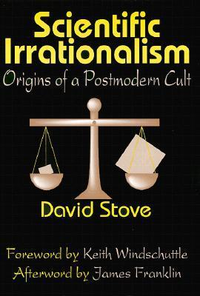
Summary
"With a combination of dazzling philosophical acumen and scarifying wit, Stove does for irrationalism in the philosophy of science what the Romans did for Carthage in the Third Punic War. He assaults and destroys it utterly. It has been a long time since I have read a book of philosophy as entertaining and illuminating." -Roger Kimball, The New Criterion
Little known outside his native Australia, David Stove was one of the most illuminating and brilliant philosophical essayists of his era. A fearless attacker of intellectual and cultural orthodoxies, Stove left powerful critiques of scientific irrationalism, Darwinian theories of human behavior, and philosophical idealism.
Since its inception in the 1940s, the firld of science studies, originally intended to bridge the gap between science and the humanities, has been the center of controversy and debate. The most notable figures in this debate are Thomas Kuhn and Karl Popper. In Scientific Origins of a Postmodern Cult, David Stove demonstrates how extravagant has been the verbiage wasted on this issue and how irrational the combatants. He shows that Kuhn and Popper share considerable common ground. Stove argues that the problems all reside in the reasoning of the critics. He identifies the logical mistakes by and conceptual elisions made by Kuhn and Popper and their supporters, as well as their collective dependency on a single argument made by the philosopher of the Scottish Enlightenment, David Hume. He then demonstrates how little potency that argument actually has for the claims of science.
In his foreword, Keith Windschuttle explains the history of the debate surrounding the field of science studies and explores David Stove's contribution and his lack of recognition for that contribution. In an afterword, James Franklin discusses reactions to Stove's work. This book will be of interest to scientists, philosophers, and general readers.
David Charles Stove (1927-1994) taught philosophy at the University of New South Wales and, until his retirement in 1988, at the University of Sydney. He was the author of numerous essays, articles, and many books including Against the Idols of the Age, The Plato Cult and Other Intellectual Follies, and two posthumously published volumes, Darwinian Fairytales, and Cricket versus Republicanism.
"...this book certainly broaches current topics in the philosophy of science with provocative arguments. It also contains a clear introduction by Keith Windschuttle and an interesting summary by James Franklin..."- Choice
Similar Books
-
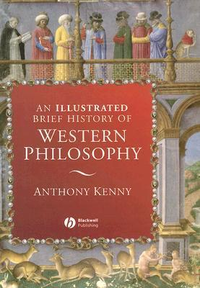 An Illustrated Brief History of Western Philosophy
An Illustrated Brief History of Western Philosophyby Anthony Kenny
-
 Kant and the Claims of Taste
Kant and the Claims of Tasteby Paul Guyer
-
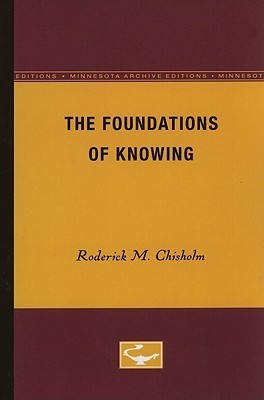 The Foundations of Knowing
The Foundations of Knowingby Roderick M. Chisholm
-
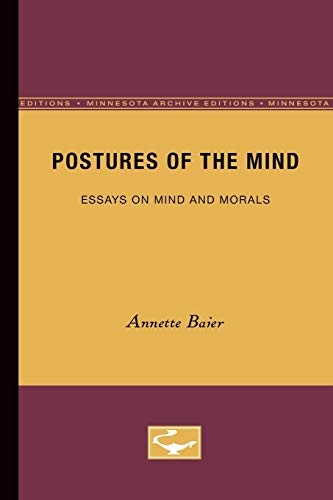 Postures of the Mind: Essays on Mind and Morals
Postures of the Mind: Essays on Mind and Moralsby Annette C. Baier
-
 New Legacy
New Legacyby Tieman H. Dippel Jr.
-
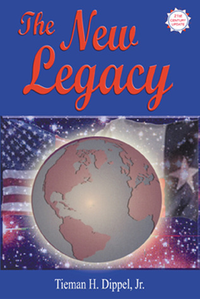 The New Legacy
The New Legacyby Tieman H. Dippel Jr.
-
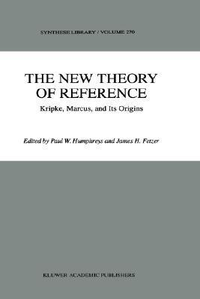 The New Theory of Reference: Kripke, Marcus, and Its Origins
The New Theory of Reference: Kripke, Marcus, and Its Originsby Paul Humphreys
-
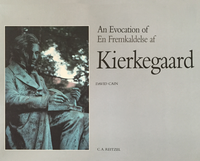 An Evocation of Kierkegaard
An Evocation of Kierkegaardby David Cain